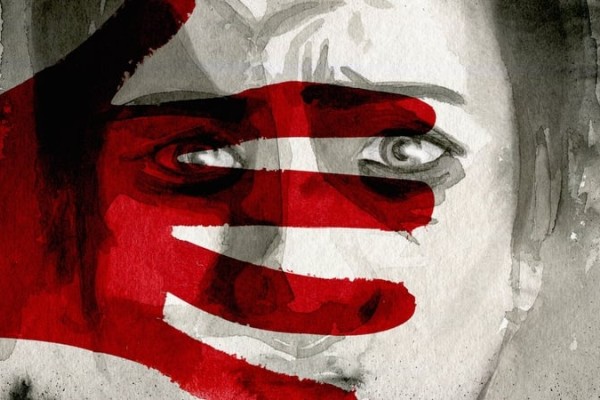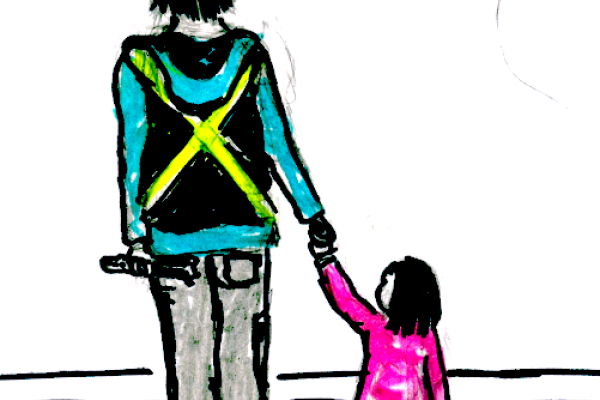-

Party leader’s domestic violence policy will fail survivors and communities
Survivors and family members of victims who criticize the current criminal justice system for not listening to the voices of survivors and for failing to keep them safe are right. We need to listen to their concerns and take steps to address them, but Conservative Party leader Pierre Poilievre’s law and order approach is not the way to go.
-

On life as a single mom working in the construction industry
In that time of morning that seems like the dead of night, I quietly get dressed. My six-year-old stirs and I ask her to climb onto my back like a tiny monkey. I leave my apartment unit and carry her downstairs to another unit where my neighbour is waiting. It’s so early and I’m so tired and my day has just begun. Who was this system designed for, and who is it working for?
-

UCP members push to adopt more dangerous anti-trans policies
What’s so dangerous about the anti-trans policy resolutions the party endorsed isn’t that they will become legislation any time soon, but their effect of bolstering Smith’s claim that she’s pursuing a sensible middleground with the anti-trans legislation she’s already introduced. But when it comes to basic human rights, there is no middle ground.
-

Reclaiming solidarity
In the wake of the Hamas assault of October 7, journalists indignantly called out feminists for not addressing this violence sufficiently. The same critics have had little to say about the countless overlooked and ignored examples of sexual violence perpetrated against Palestinians in Israeli prisons and by IDF soldiers before and since that day.
-

How to make Canada’s $10-a-day child care program work
More and more ECEs and care givers are leaving the sector in search of better paid work. Current early childhood education students are uncertain about their futures. Many are opting out of pursuing a career in this field altogether. Indeed, the province could be short 8,500 ECEs by 2026. Ontario needs to do better and pay its ECEs and child care workers a decent wage.
-
_600_400_90_s_c1.jpg)
Open letter: Stop manipulating sexual assault
In its current war against the people of Gaza, the Israeli government has chosen to weaponize the issue of sexual violence for political gain. This statement will be delivered to Israeli officials who have mounted a public crusade manipulating this issue to both legitimize—and divert attention from—their campaign of ethnic cleansing.
-

Gendering genocide
A new generation of women around the world is learning from and speaking out against this cruel and catastrophic Israeli violence. For these women, the assault on Gaza will be among their formative political experiences, a vital lesson in how racial-gender violence organizes the international order, how it shapes the workings of international politics and law.
-

Believing women, believing Palestinians
Why is it so difficult for university administrators to express sympathy with all students, staff, and faculty who have been impacted by the events of October 7? To acknowledge that there are diverse Jewish views about Israel, Palestine, and what is unfolding now? Laurie Adkin writes on the tactics being used to silence critics of Israel and curtail free speech on campus and beyond.
-

Shenanigans and misogyny at the Assembly of First Nations
The AFN is a political organization that advocates on behalf of First Nations with the federal government. Originating as the National Indian Brotherhood in the late 1960s, it has only ever been led by men. That changed in June 2021 when the chiefs made ‘her’story and elected the first female national chief. It was not the first time a woman had run for the post.
-

AFN’s turfing of RoseAnne Archibald undermines good Indigenous governance
We hope the AFN will reflect on why it struggled so significantly, both within the organization and on the public stage, with its first female national chief. We want a politics informed by our Indigenous histories and traditions, but above all, we want a politics for future generations—which is what Indigenous politics have traditionally focused on.



